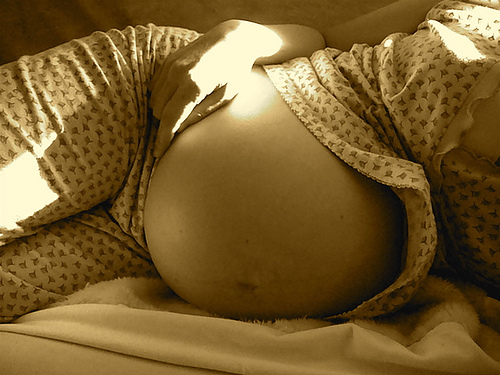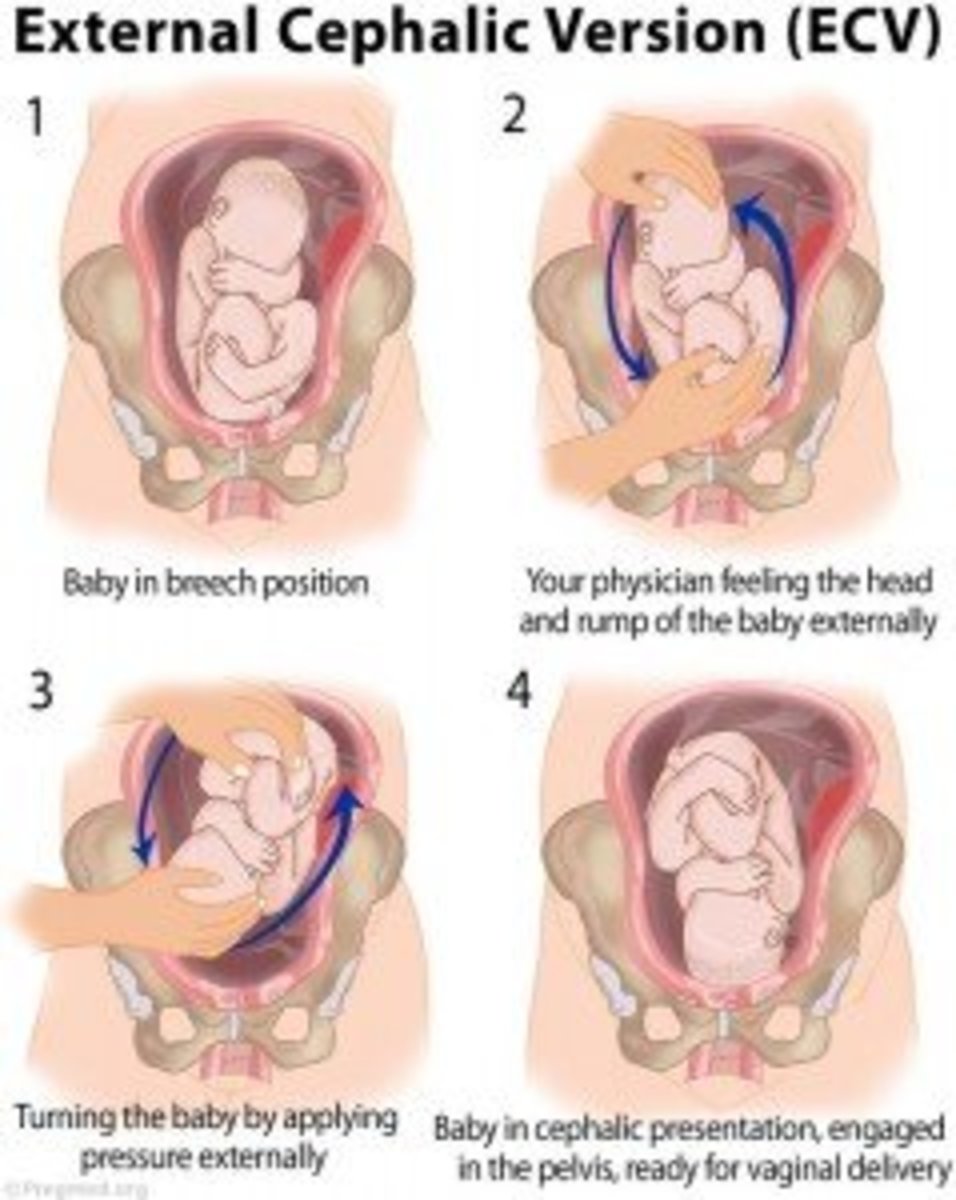Pregnancy and the Swine Flu H1N1
The swine flu hype has died down a bit here in the United States, but it is still present and still a concern, especially for certain groups. One of those groups considered high-risk regarding the H1N1 is pregnant women. While it’s a good idea to take necessary precautions, it’s also important to remember that this latest flu probably isn’t any more dangerous than any others pregnant women have been coming in contact with for years.

- Why Am I So Tired? Fatigue in Early Pregnancy
Pregnancy symptoms vary from woman to woman, but there are many common symptoms of pregnancy. These can include morning sickness, missed period, breast tenderness, bloating, headache, and much more. To learn... - First Trimester Pregnancy Symptoms and Relief
All pregnancies are different, but here are some common symptoms many women will have during the first trimester, or first twelve weeks of pregnancy. Simple comfort measures are included with each of the...
Why Are Pregnant Women at Risk?
Why are pregnant women (along with children under five and the elderly) more at risk? During pregnancy, hormones change and depress the immune system, making a pregnancy woman’s ability to fight illness weakened. The current swine flu or any other illness will be more severe. Particularly in the third trimester, a woman can develop influenza viral pneumonia and secondary bacterial pneumonia because her lung function is reduced due to the baby taking up space.
Swine Flu Prevention
The first thing to do? Prevention is optimal, but not always possible. Let’s face it, you have no control over someone openly coughing or sneezing near you the subway, and that’s the most likely way the swine flu spreads. The same as other influenzas, H1N1 spreads through large-particle droplets that are passed within six feet of the infected person. Contaminated surfaces and close contact with an infected person could also spread the disease. Apart from quarantining yourself out of fear, just keep your distance in crowded places and wash your hands – a lot.
Treating H1NI
What if you start to experience symptoms? Get to the doctor right away (within 48 hours) and get tested if the symptoms are flu-like. If the test is confirmed to be H1N1, and sometimes even if you are quite certain you’ve been exposed, your doctor may prescribe Tamiflu, which has a good reputation in fighting flu but has not been tested for safety or side effects in pregnant women.
However, doctors appear to be confident that the benefit outweighs the risk. The other two influenza drugs that are also Category C, meaning not tested for safety in pregnancy, are Oseltamivir, which many doctors prefer, and Zanamivir, which has limited systemic absorption, which is good , but then respiratory complications can occur because the drug is inhaled. Basically, your doctor will decide whether the benefits outweigh the risk for you.
There’s no reason to panic. Also, know that your baby isn’t in jeopardy should you come in contact with the flu. Get to the doctor quickly if you have flu symptoms, and rest assured that you – and your baby – will be fine.









